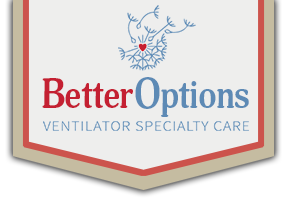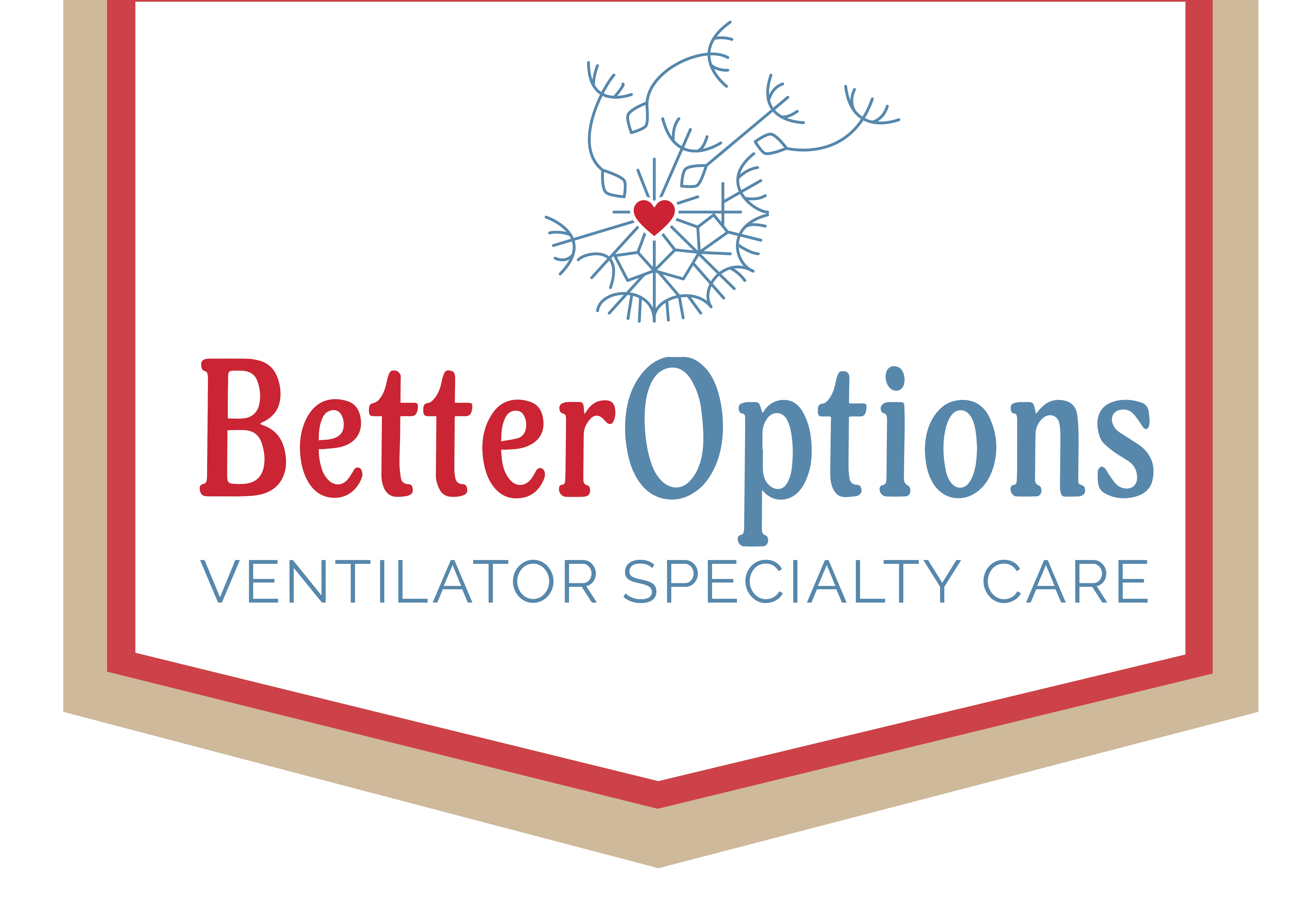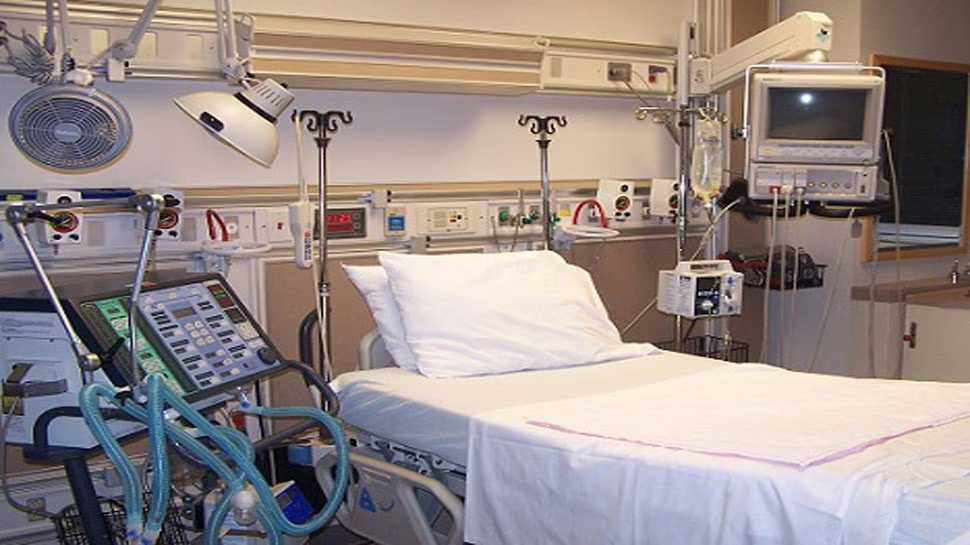It is somehow difficult to determine the time period for which a patient will need keen observation when it comes to life-saving medical or intensive care procedures. Same goes for the ventilated patients because it is not easy to breakdown the procedure into a proper timeline. Whenever the doctor feels appropriate or the patient or his family asks it to be removed, the patient is weaned off no matter how long he has been on the supporting machine.
Factors Affecting Reactions of Patients after Weaned Off
Given that every person is unique and so is his immune system, it is thence not always the same for every patient to recover after weaning off the ventilator. The ventilator affects the body and mind of the patients so much that patients take time to recover afterwards. Normally, it is said that the longer the patient is on the ventilator, the longer is the recovery time but some studies have also shown that it totally depends on the immunity and will power of the patient. In addition to time and immune powers, the nature and severity of the illness also plays a vital part in the recovery procedure and overall improvement and survival rate.
Common Symptoms Experienced By Patient After Ventilator is Removed
There are several symptoms which are expected from patients after being removed from the ventilating support. Being that every patient responds differently to the medication and medical procedures, different patients show different symptoms in post recovery period. The symptoms or signs shown after weaning are the result of the sedative medications which were used during the procedure. There are different signs which are commonly observed after intensive care treatments, known as Post Intensive Care Syndrome (PICS). Some symptoms are easy to deal with while others need professional medical attention as these can affect the health of the patient severely.
Some of the common symptoms after removal of ventilator are:
- Physical and Muscular weakness
- Pain
- PTSD (Post Traumatic Stress Disorder)
- Respiratory distress
- Severe Anxiety and Depression
- Delirium
- Cognitive response issues
- Excessive Broncho-pulmonary secretions
- Breathlessness
- Nightmares
In addition to the above-mentioned symptoms, some complex or life-threatening symptoms are also experienced in patients. A very common symptom is called Post-Extubation syndrome which characterizes the damage of airways while tube is removed. It may showcase the following symptoms:
- Arrhythmias
- Hypotension
- Bronchospasm
- Laryngeal bleeding or Edema
- Aspiration
Post-Extubation Care
After the removal of the ventilator, some patients need supplement oxygen. It is difficult for the patient to breathe on its own because the brain and lungs become used to breathing on support. It eventually takes time to become used to the normal breathing habits. It is also helpful in ensuring that the patient is getting the proper amount of oxygen required for his body to breathe normally.
The impacts of the ventilator are not only limited to physical health but also mental health. So, it is also important to keep track of mental health issues after removing the patient from ventilator. Friends and family can play a key role in de-stressing the patient by spending quality time with him. In addition to that, exercise can also play a vital role in healing soon, however these exercises should be designed by specialists or physiotherapists to avoid any harm to the patient.
Summary:
Summing up, the ventilated patient is highly unpredictable when it comes to the decision of weaning off the ventilator. Similarly, the signs and symptoms these patients show in post recovery period differ as per the nature of the illness and immunity of the patient. Whatever the symptoms are, how strong immunity the patient shows; still every patient needs special medical and emotional support to get back to normal life.
Do You Need Long-Term Ventilator Care for Your Patients in Vancouver WA, USA?
Betteroptions is a top-rated long-term ventilators care center in Vancouver WA USA. We offer 24-hour perfect care and a home-like environment for your patient on a ventilator. Give us a call (+01) (360) 607-8028 OR send an email.


